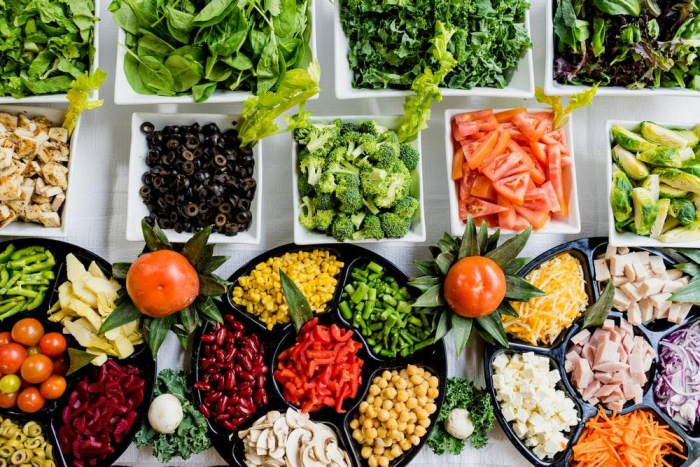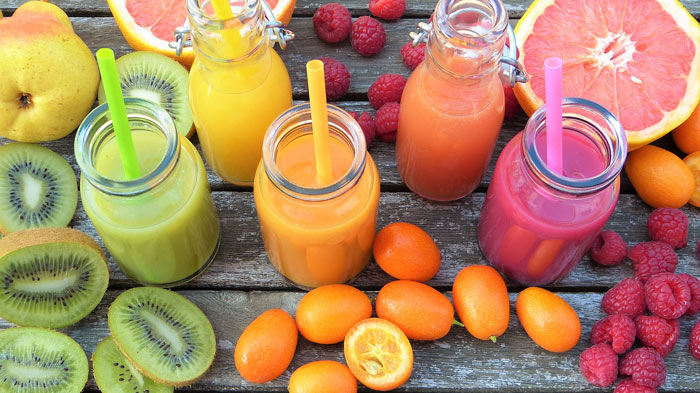Is Youfoodz The Best Meal Delivery Service in Australia?
A robust, healthy body is said to play host to a vital, vigorous mind. Experts tell us that the nutritional needs of the human body change as we move through the phases of our lives. Consequently, a diverse eating regime packed with the correct nutrients remains a consistent concern and a minefield of misinformation and misconceptions.
What Our Bodies Need

Babies: Birth to Six Months
Newborn babies are helpless, needy creatures. They are totally reliant on breastmilk to provide all the substances their rapidly growing little bodies need. A mother’s milk does not only deliver nutrients and fluid into greedy little mouths but also contains elements that protect the immune system and boost the little one’s overall development.
Babies: Six to Twelve Months
From the age of six months, infants may be familiarized with solid nutrition. Although breast milk is required for a few months yet, iron-rich cereals, meat, and poultry may be introduced slowly. Prepare the product carefully in order for the baby to ingest it safely, and do not add any salt or sugar in any form.
At this stage, babies may start to show allergic reactions to some foods, so avoid nuts, cow’s milk, and seafood for now. Don’t forget to incorporate plenty of fruit and vegetables to ensure vitamin C is included in the baby’s diet.
Young Children
Young children can be extremely fussy eaters. A variety of ingredients should be incorporated to deliver enough protein, vitamins, and minerals to support growth and physical activity. Keep consumption of sugary snacks and treats to the minimum and ensure that toddlers drink enough water.

Adolescents
At the age of twelve or thirteen, teenagers become lanky and cranky. Support the expected growth spurt with natural calories gained from whole grain products, fruit and vegetables, nuts, fish, and fat-trimmed meats.
Girls, in particular, will need an increased dose of calcium and should eat full milk dairy products to promote the development of strong bones.
Young Adults
Young adults inevitably leave the nest to fend for themselves. This often leads to poor eating habits and an excess of fatty, salty snacks and fast foods being consumed.
To maintain a fit body, young adults must exercise regularly, limit alcohol intake, and include elements rich in iron and calcium in their eating habits.
Old Age
As one age, appetite decreases, and one eats less. It is therefore important to make every mouthful of calorific value count. Eat eggs, lean meats, fish, liver, and pulses. Include sufficient fruit and vegetables, while opting for low-fat dairy products. Take joy and vitamin D from the sun to keep bones solid and the mind keen. Learn more about nutritional needs for humans here.
Pregnant and Breastfeeding Women

Pregnant and breastfeeding women need a rather specialized diet. Key nutrients to include are folate, iron, vitamin B12, and iodine. Harvest beneficial kilojoules from green leafy vegetables, fruit, and legumes. However, steer clear of fish that may contain high levels of mercury. Similarly, avoid soft cheeses and cold fish products which may carry listeria bacteria.
Menopause
Women usually experience menopausal signs from the age of forty-five to fifty-five. Symptoms include thinning bones and an expanding waistline. In order to stay healthy and prevent serious illness, it is imperative to have a wholesome routine at this stage of the female lifecycle.
Dietary provisions should include calcium-rich milk, high fiber merchandise, low-fat staples, and low salt content. Increase the consumption of soy products, legumes such as chickpeas, whole grains, and seeds.
To support healthy frames, menopausal women should stay active and engage in weight-bearing exercises to maintain skeletal integrity and muscle tone.
Ready-Made Meals
Maintaining a healthy lifestyle, while juggling work commitments and family demands, has become a massive task. Consumers are turning to ready-made meals to overcome these obstacles.

Advantages of Ready-Made Meals
Mealtimes entail decisions to be made about divergent tastes, dietary goals, budget constraints, and lifestyle choices. So, is it a good idea to order pre-prepared meals? Check out these advantages of investing in ready-made meals.
Saving Time
Time is a valuable commodity. Buying ingredients, preparing nutritious meals, and cleaning up afterward is time-consuming. Trying to find a spare second in a busy schedule causes stress and utilizes a lot of energy.
Having a healthy repast delivered right to your door lightens the load and leaves customers free to focus on other challenging things in their lives.
Value for Money
It is, unfortunately, true that healthy eating costs money. Dining out is not really a less expensive option either. Companies delivering pre-prepared meals consider economic constraints and can adapt meals to suit the consumer’s pocket.
Catering for a small or single occupant household inevitably leads to food decaying before being used. An additional advantage of having meals delivered is that there are less waste and spoilage of food. A standard catered delivery is said to have a shelf-life of seven to nine days before it needs to be eaten. However, this is largely dependent on the type of plate purchased.
Professional Customized Food Preparation

Not being cook and bottle washer is already an unexpected treat. Eating banquets prepared by skillful, professional chefs and approved by nutritionists, takes the cake. Satisfied customers writing on Youfoodz meal delivery review, rave about suppertimes made easy.
Ready-made deliveries take on many shapes and forms. Customers can order full plates, meal plans, soups, snacks, smoothies, and juices. Plated creations may also be ordered to meet specific dietary requirements. Whether you are vegan or vegetarian, trying to lose weight, or carbo-loading to maximize your performance, meals are adapted to cater to your every whim.
Ethical Concerns
Reputable services will deliver ready-made feasts fresh and chilled, not frozen. The food is transported and delivered in weather-resistant cooler boxes that are 100% recyclable.
The meal delivery service industry is rapidly expanding. A wide network of websites, smartphone applications, and upmarket stores bring nutrition to our doorsteps and peace of mind to our hectic lives.









